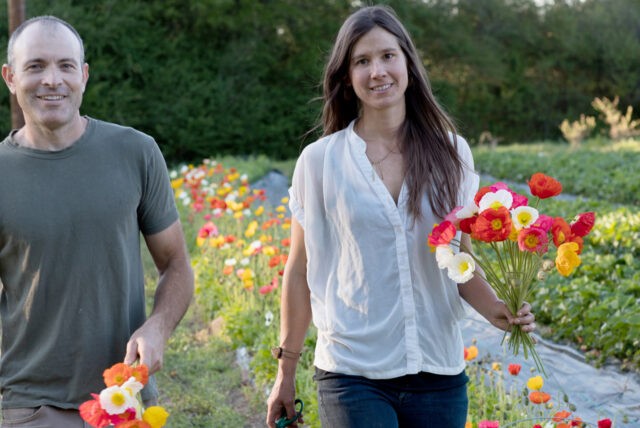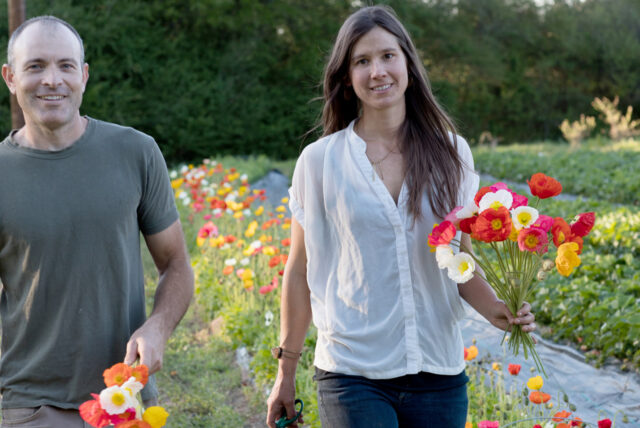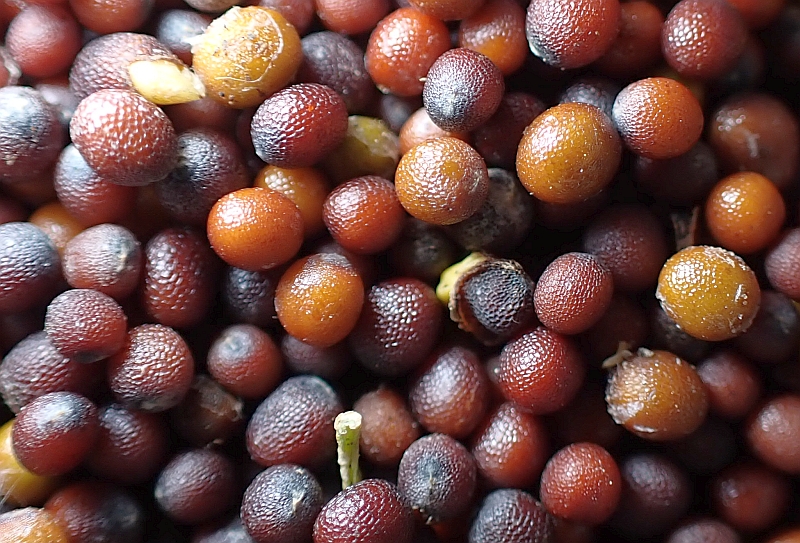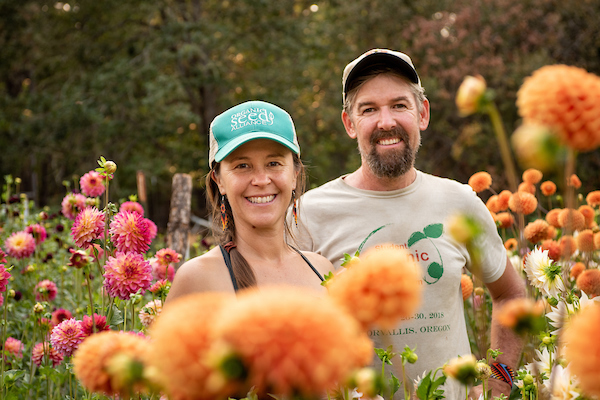
Reclaiming Our Roots: How Community Seed Libraries are Blooming Across the Pacific Northwest
For those of us drawn to the quiet rhythm of rural life, the promise of a bountiful harvest is more than just a dream – it’s a connection to the land and a cornerstone of self-sufficiency. But accessing the seeds we need to cultivate that dream can be a challenge. Rising seed prices, the dominance of a few major corporations, and the heartbreaking loss of locally adapted varieties threaten the very foundation of our gardens and small farms. But a new hope is sprouting – the resurgence of Community Seed Libraries across the Pacific Northwest, offering a revolutionary approach to seed access and fostering a vibrant future for local food systems.

The Seed Crisis: A Challenge to Our Independence
Let's face it: buying seeds can be expensive. Especially if you're looking for heirloom seeds or organic seed varieties suited to the unique microclimates of the Pacific Northwest. Small-scale farmers and home gardeners are often priced out of the market, forced to rely on cheaper, less adaptable seeds that may not thrive in our region.
But the problem goes deeper than just cost. The consolidation of seed companies means fewer choices and a greater reliance on a handful of powerful corporations. This lack of diversity weakens our food security and makes our food system more vulnerable. We're losing valuable heirloom seed varieties – seeds passed down through generations, perfectly adapted to our local growing conditions. These seeds hold within them a story, a history of resilience and adaptation that we risk losing forever. It is this loss that fuels the passion behind the seed saving movement.
Community Seed Libraries: A Grassroots Solution
Enter the Community Seed Library – a simple yet powerful idea that's taking root across the Pacific Northwest. Imagine a library, but instead of books, it's filled with seeds! Gardeners "borrow" seeds, grow plants, and then "return" a portion of the seeds they've saved from their harvest, completing the cycle. These libraries are more than just a place to get seeds; they're community hubs, fostering knowledge sharing and promoting sustainable agriculture.
Here are a few examples of seed libraries making a difference in the PNW:
- The Seattle Public Library Seed Library (Various Locations in Seattle): A fantastic example of integrating seed sharing into an existing public resource. Check out their offerings and locations on the Seattle Public Library website. (Link to Seattle Public Library - Seed Library if they have a specific page)
- The Tacoma Seed Library (Tacoma, WA): This is a great example of a smaller, hyper-local seed library that has amazing seed selections and educational resources. Find them on social media to learn about events and how to participate. (Link to their social media)
- Abundant Earth Seed (Online, based in Oregon): Abundant Earth Seed is passionate about the preservation of local and regionally important plants and animals in the Rogue Valley. (Abundantearthseeds.com)

These seed libraries are breathing new life into our local food systems, one seed at a time. They're increasing food security by providing access to locally adapted seeds, empowering gardeners to grow their own food, and fostering a sense of community resilience.
Stories from the Soil: The Emotional Impact
But the real magic of Community Seed Libraries lies in the human connection they foster. Consider the story of Maria, a gardener in rural Oregon who had struggled for years to find seeds that would thrive in her challenging climate. "The seed library changed everything," she says. "I was able to access heirloom seeds that were perfectly adapted to our region, and my garden flourished. But even more importantly, I connected with other gardeners in my community, sharing knowledge and building relationships."
Or take the words of David, a small-scale farmer in Washington state: "The rising cost of seeds was threatening my livelihood. The seed library provided a lifeline, allowing me to access high-quality seeds without breaking the bank. It's not just about the money; it's about preserving our heritage and ensuring that future generations have access to these valuable resources."
These are just two examples of the transformative power of Community Seed Libraries. They're not just about seeds; they're about community, resilience, and the joy of growing your own food.
Getting Involved: Planting the Seeds of Change
Ready to get involved and help build a stronger, more resilient local food system in the Pacific Northwest? Here's how you can participate in or even start your own Community Seed Library:
- Find a Seed Library Near You: Do a quick online search for "PNW Seed Libraries" or "Community Seed Libraries [Your City/Town]". Contact the library to learn about their lending policies, volunteer opportunities, and upcoming events.
- Attend a Seed Saving Workshop: Learning how to properly save seeds is crucial for ensuring the long-term success of any seed library. Many organizations offer workshops on seed saving techniques specific to the Pacific Northwest climate. (Search for local workshops)
- Donate Seeds: If you're an experienced gardener, consider donating excess seeds from your garden to your local library. Make sure the seeds are properly labeled with the plant name, variety, and date of harvest.
- Start Your Own Seed Library: If there isn't a seed library in your community, consider starting one! Here are a few tips:
- Partner with an Existing Organization: Reach out to your local library, community center, or gardening club. They may be willing to host a seed library.
- Gather a Team: Enlist the help of other passionate gardeners in your community.
- Develop a Lending Policy: Decide how seeds will be borrowed and returned.
- Organize Your Seeds: Use clear labeling and a simple system for organizing seeds.
- Promote Your Library: Spread the word through social media, local newsletters, and community events.
- Learn Seed Saving Techniques:
- Choose the Right Plants: Focus on open-pollinated varieties, which produce seeds that will grow true to type.
- Allow Plants to Fully Mature: Let the seeds fully ripen on the plant before harvesting.
- Clean and Dry Seeds Thoroughly: Proper cleaning and drying are essential for preventing mold and ensuring good germination rates.
- Store Seeds Properly: Store seeds in a cool, dry, dark place.

Reliable resources for learning seed saving include:
- Seed Savers Exchange (https://www.seedsavers.org/)
- Your local Master Gardener program
Take Action Today!
The Community Seed Library movement is a powerful force for change, empowering communities to take control of their local food systems and preserve valuable heirloom seeds. Here's how you can help:
- Sign up for a seed saving workshop: Search online for workshops in your area!
- Donate seeds to your local seed library: Even a small contribution can make a big difference.
- Spread the word on social media: Share this post with your friends and family!
Here's some sample social media copy:
"Support local food systems and seed saving in the Pacific Northwest! Learn how Community Seed Libraries are revolutionizing seed access and empowering gardeners. #CommunitySeedLibraries #SeedSaving #HeirloomSeeds #LocalFoodSystems #PNWGardening #FoodSecurity #SustainableAgriculture"
By working together, we can create a future where everyone has access to the seeds they need to grow healthy, delicious food. Let's reclaim our roots and cultivate a more resilient and abundant Pacific Northwest for generations to come!